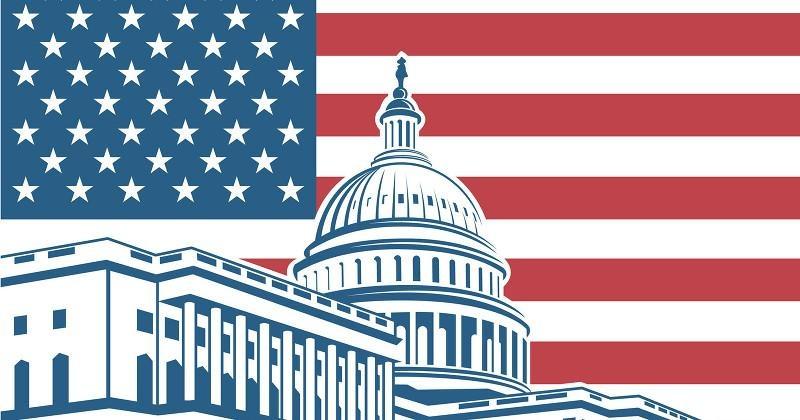
While Supreme Court Justice Ruth Bader Ginsburg’s death will go down as yet another historic event in 2020, it’s unlikely to change the fundamental trajectory of the elections.
In the middle of huge breaking news stories, it can be hard to remember that the country is incredibly polarized and the race between President Donald Trump and former vice president Joe Biden has been remarkably stable.
After a series of other historic events including impeachment, global pandemic, economic crisis, national conversation about racism, and high-profile instances of violent protests, Biden’s 7-point national advantage is about the same as it was six months ago, according to Inside Elections’ latest Presidential Snapshot in Time series.
That means when it comes to analyzing the electoral impact of events, it’s best to assume that nothing matters until proven otherwise. It’s a difference between historic events and political game-changers.
It’s easy to imagine a Supreme Court vacancy as the great interruptor, particularly to a group of journalists, analysts, and politicos looking for a fall surprise. But it’s less clear exactly how it will move a significant number of voters in a different direction.
Trump is an incredibly polarizing figure. According to the new NPR/PBS NewsHour/Marist poll, 52 percent of national likely voters disapprove of the president’s job performance, including 46 percent who strongly disapproved. Another 43 percent of likely voters approved of Trump’s job performance including 33 percent who approved strongly. Opinion surrounding the president has hardened and everything he touches becomes a partisan issue, including sports, beans, and the color of baseball caps.
More qualitatively, people triggered by the Supreme Court were probably already planning to vote and had made up their mind about who they...

